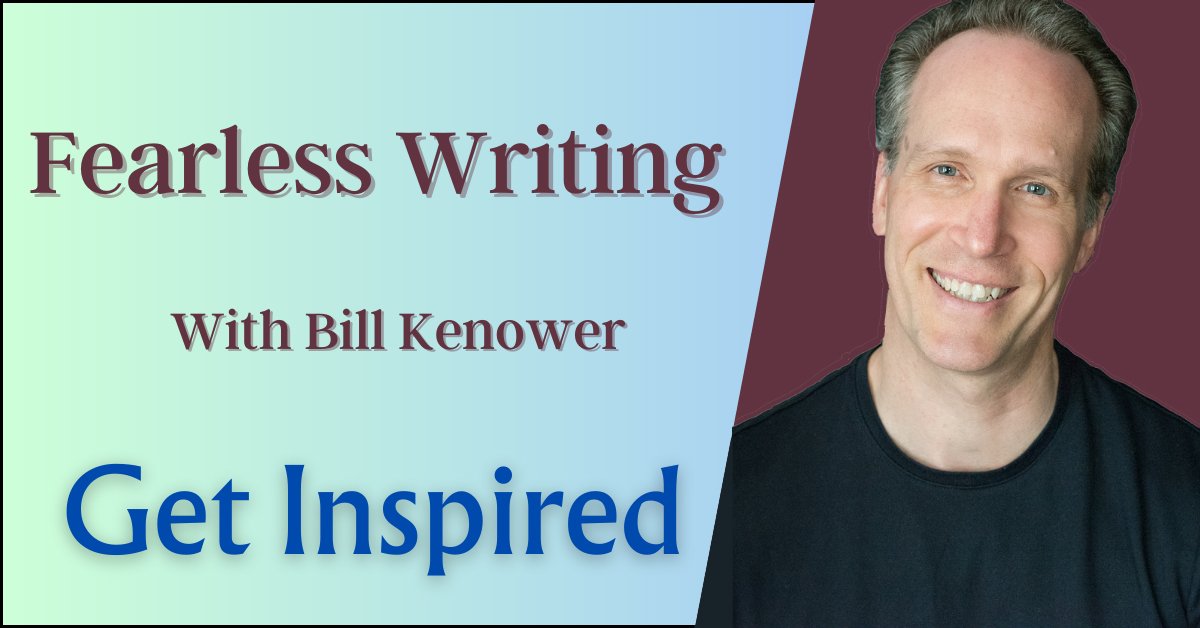Words and Deeds
I have to admire the framers of the United States’ constitution for deciding to found an entire country on the idea that “all men are created equal.” It’s a stunningly simple and revolutionary idea, one so profound and paradigm-shifting that those same Founding Fathers were, of course, incapable of living by it. Much has deservedly been made of the fact that initially only white, land-holding men could vote, which did not really make everyone equal. Then there were slaves who were counted as 3/5 of a person. Also, not exactly equal.
History books should be accurate, and I sometimes wonder how the same men who codified the concept of equality could be so completely blind to the gaping distance between their words and deeds. Hard, that is, until I remember the distance between my own words and deeds. For instance, I started writing this column ten years ago with the intention of sharing this simple idea: everything is always okay as soon as I stop looking outside myself for my wellbeing. It’s true, you know. And just as a dark-haired, bi-pedal American novelist can believably portray a one-legged albino living in 16th century France, so too can I write with authority about the folly of looking outside oneself even while doing just that for much of my non-writing days.
Which is exactly how it went for the first few years. I’d inhabit one reality while writing, and another while living. Like the framers, I wasn’t used to this new reality I was imagining. The whole civilized world for all of history had been used to nobility and peasants, and I was used to looking for approval and praise and awards and acceptance letters. I was a bit of a peasant in this way, not yet worthy of the crown of a free life.
But then I’d sit down to write, and I knew where to go to find that inner voice who did not care one whit what anyone thought of him or what he wrote. He was always there, in the same place, ready to go. As soon as I met him again, I’d think, “Of course. There you are. I always trust you. I’ll never listen to anyone but you again. Why would I?” Then I’d leave my desk and forget all about him. This went on for years, until, one day, I noticed I was listening to him even when I wasn’t writing.
Though not always. Like this country, I’m a slow learner. However, the rate at which I learn something does not make the lesson any less true. The fact that all people don’t treat all other people equally does not mean everyone isn’t equal, and the fact that I sometimes look for my value where it isn’t doesn’t mean I have no value. Try not to despair over all our contradictory words and deeds. The imagination, freed for just a moment from the ego’s tyranny, can instantly perceive the friendly world we actually inhabit. It will race ahead to meet it, even while the slow, survival-obsessed rational mind lags behind, caught in the habits of a world it invented.
Check out Fearless Writing with Bill Kenower on YouTube or your favorite podcast app.
Everyone Has What It Takes: A Writer’s Guide to the End of Self-Doubt
You can find William at: williamkenower.com


